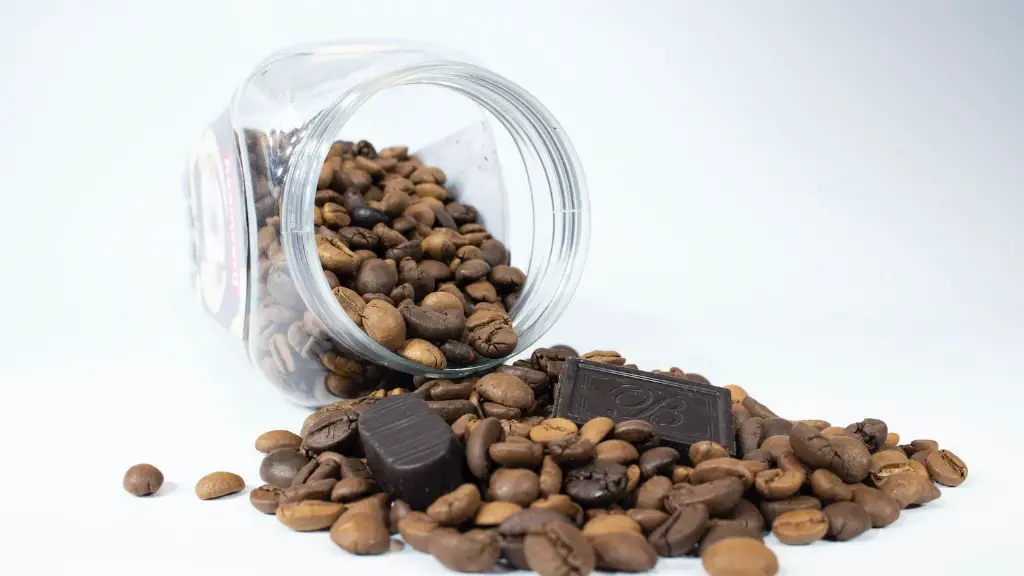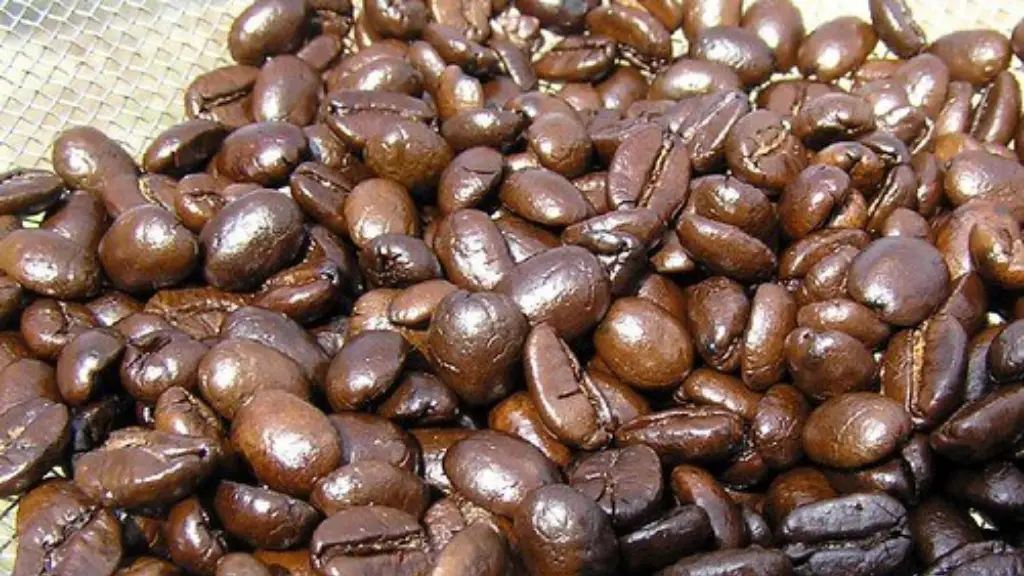Can I Drink Coffee While Taking Probiotics?
Probiotics are bacterial microorganisms that help maintain the balance of bacteria in the body. They are typically found in fermented foods like yogurt and miso, but they can also be taken in the form of a supplement. Many people have been asking whether they can mix their probiotics with coffee and then drink it, and the answer isn’t so straightforward.
Drinking coffee can be good for your health, providing some antioxidants and boosting cognitive performance. However, it can also have some negative effects, especially when taken regularly and in large amounts. One big concern is that the acidity of coffee can counteract the beneficial effects of probiotics. Studies have shown that coffee can reduce the number of beneficial bacteria in the gut if taken at the same time as the probiotic. As such, the best thing to do is to try and take a gap of a few hours between drinking coffee and taking probiotics.
The second thing to consider is that many probiotic supplements are temperature sensitive and can be damaged by extreme temperatures, including the heat from a hot drink. Some of these probiotics may need to be refrigerated, and if stored out in the open can be quickly damaged by a hot cup of coffee. As such, you need to check whether your probiotic supplement is temperature sensitive and how it should be stored.
Another important thing to understand is that not all probiotics are the same. Different probiotic strains have different effects and levels of tolerance to extreme temperatures. As such, you need to read up on the particular probiotic strain you’re taking to understand how it might be affected by extreme temperatures. Doing your research can help you make sure that you’re making the best decisions for your health.
Finally, you should also be aware that coffee can interact with medications you might be taking. Coffee can interfere with the absorption of certain drugs, leading to an increased risk of side effects. If you’re taking any medication, it’s important to consult your doctor before drinking coffee and taking probiotics at the same time.
Other Options
In some situations, it might not be possible to take a gap between drinking coffee and taking probiotics. In these cases, there are some other options available. For example, you could try drinking cold brew coffee, which is made by steeping ground coffee beans in cold water. Cold brew coffee has much lower levels of acidity, and the lower temperature ensures that it won’t damage your probiotic.
There are also some probiotic products available in powder form, which can easily be mixed with a cold drink. These powder-form probiotics are designed to be mixed with liquids, and they come in a variety of flavors. The only downside is that you can’t use the powder form probiotics with hot drinks, as the high temperature would still damage them.
Finally, there are some probiotic supplements that come in the form of capsules. These capsules are designed to withstand heat and are usually made from natural ingredients that are resistant to extreme temperatures. Capsules are a great option if you’re looking for a convenient way to take your probiotic without worrying about it being damaged.
Understanding Probiotics
When it comes to probiotics, it’s important to do your research and understand the potential effects. Probiotics are beneficial bacteria that help maintain a healthy balance of gut bacteria, which is important for a functioning and healthy body. Probiotics can come in many different forms, and they can be taken as a supplement or found naturally in some food products.
Different probiotic strains can have different effects. Some might help with digestion, while others might help with skin health. It’s important to do your research and choose the right probiotic for your particular needs. There are different strengths and dosages available, so make sure to read the label and understand how your particular probiotic works.
It’s also important to understand how the probiotic interacts with other substances. Probiotics are temperature sensitive and can be damaged by extreme temperatures. As such, it’s important to understand how your probiotic might be affected by hot liquid and take appropriate precautions to ensure that it isn’t damaged.
Benefits of Probiotics
While it’s important to understand how probiotics interact with substances like coffee, it’s also important to understand their benefits. Probiotics can offer a range of health benefits, from improving digestion to boosting immunity. Studies have shown that probiotics can help with conditions like irritable bowel syndrome and can help boost the immune system.
They can also help improve skin health and reduce the signs of aging. Probiotics can also help with weight loss by improving the body’s metabolism and helping to reduce cravings. Finally, probiotics can help with stress and anxiety by helping to restore balance to the gut microbiome.
Side Effects of Probiotics
While probiotics can have many positive benefits, they can also have some side effects. In some cases, people might experience an increase in gas and bloating when taking probiotics, or they might experience an upset stomach. In some cases, probiotics might interact with medications, so it’s important to consult with your doctor if you’re taking any medications.
Probiotics can also cause allergic reactions in some people, although this is rare. If you’re taking a probiotic and experience any side effects, it’s important to discontinue use and consult a medical professional.
Conclusion
Overall, it’s important to understand how probiotics can interact with other substances like coffee. Coffee can counteract some of the beneficial effects of probiotics, and it can also damage certain probiotic strains. As such, it’s best to take a few hours between drinking coffee and taking probiotics to ensure that you’re getting the most out of your probiotic. It’s also important to understand the different types of probiotics and their potential benefits and side effects.




